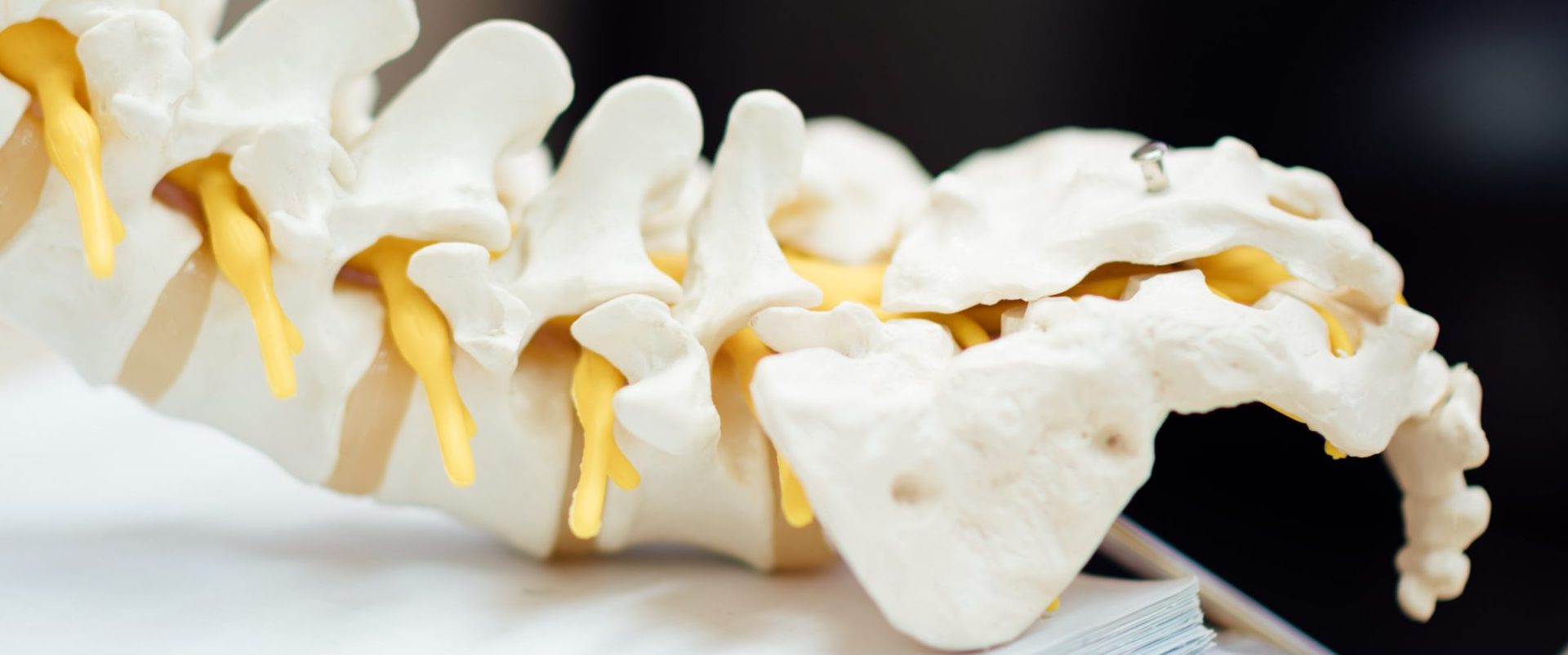Breaking the Silence: Pelvic Physical Therapy and Its Importance
Did you know that nearly 1 in 3 women and 1 in 10 men experience pelvic floor dysfunction at some point in their lives? These statistics highlight the prevalence of pelvic health issues, yet the stigma and shame surrounding them often keep people silent. This silence can lead to feelings of isolation and preventable suffering.
At The Clinic Health Group, we’re here to change that. Both locations (Christie and Ossington) now offer specialized pelvic physical therapy (PT) services, designed to provide evidence-based treatment and compassionate care. We aim to help individuals regain control and live life without restrictions.
Why Pelvic Health Matters
Pelvic issues can impact anyone, regardless of age or gender. Common concerns include urinary and/or fecal incontinence, pelvic pain, sexual dysfunction, pelvic organ prolapse and postpartum recovery. Left untreated, these conditions can affect physical, emotional, and social well-being. It’s essential to know that these issues are treatable, and seeking help is a step toward reclaiming your quality of life.
Pelvic PT focuses on addressing these conditions through tailored rehabilitation programs. The goal is not just symptom management but long-term recovery, enabling individuals to return to their daily activities with confidence and comfort.
What to Expect in a Pelvic Physical Therapy Session
We understand that the process might feel intimidating, and we are here to guide you every step of the way. Here’s a step-by-step overview of what’s involved:
- Filling Out a Medical History and Consent Forms
Before starting treatment, you’ll complete a detailed medical history form. This helps your Physiotherapist understand your symptoms, medical background, and overall health. You’ll also be asked to sign a consent form, ensuring you are fully informed and comfortable with the process. - Initial Consultation with Your Pelvic PT
During your first session, you’ll meet your pelvic physical therapist to discuss your concerns and goals. This conversation lays the foundation for a treatment plan tailored specifically to your needs. Don’t worry—our therapist will listen to you without judgment. Try to be as honest and open as possible. - General Physical Examination
A general physical assessment helps identify any musculoskeletal issues that may contribute to pelvic dysfunction. This might include evaluating posture, strength, and flexibility. - External Examination
Your therapist will conduct an external assessment of the pelvic as well as the surrounding areas to check for muscle tension, coordination, and alignment. This step is crucial in understanding the nature of the issue. - Internal Examination (with Consent)
If necessary and with your explicit consent, an internal exam may be conducted. This is not always required, but it can provide clarity in the clinical finding. If you’re uncomfortable with the idea, alternative assessment methods can be discussed with your therapist. However, an internal exam allows the therapist to assess the pelvic floor muscles more thoroughly, identifying any dysfunction or areas of concern. - Discussion of Findings and Prognosis
After the assessments, your therapist will explain the findings, discuss the nature of the issue, and provide a prognosis. You’ll receive a clear outline of the treatment plan, including home exercises and follow-up sessions. - Follow-Up and Progress Tracking
Pelvic physiotherapy is a journey, and regular follow-ups are essential to monitor progress and make necessary adjustments to your treatment plan.
You’re Not Alone
At The Clinic Health Group, we understand that discussing pelvic health can feel uncomfortable. Our approach is rooted in respect, understanding, and evidence-based care. Our goal is to help you feel at ease, knowing that you’re taking a proactive step toward recovery and well-being.
It’s time to move past stigma and shame and take a step toward healing. Pelvic health is an essential part of overall health, and seeking help is a sign of strength. Contact us today to schedule your consultation and take the first step toward a life free from pelvic concerns.
Registered Physiotherapist
Level 1 Certified Pelvic PT

